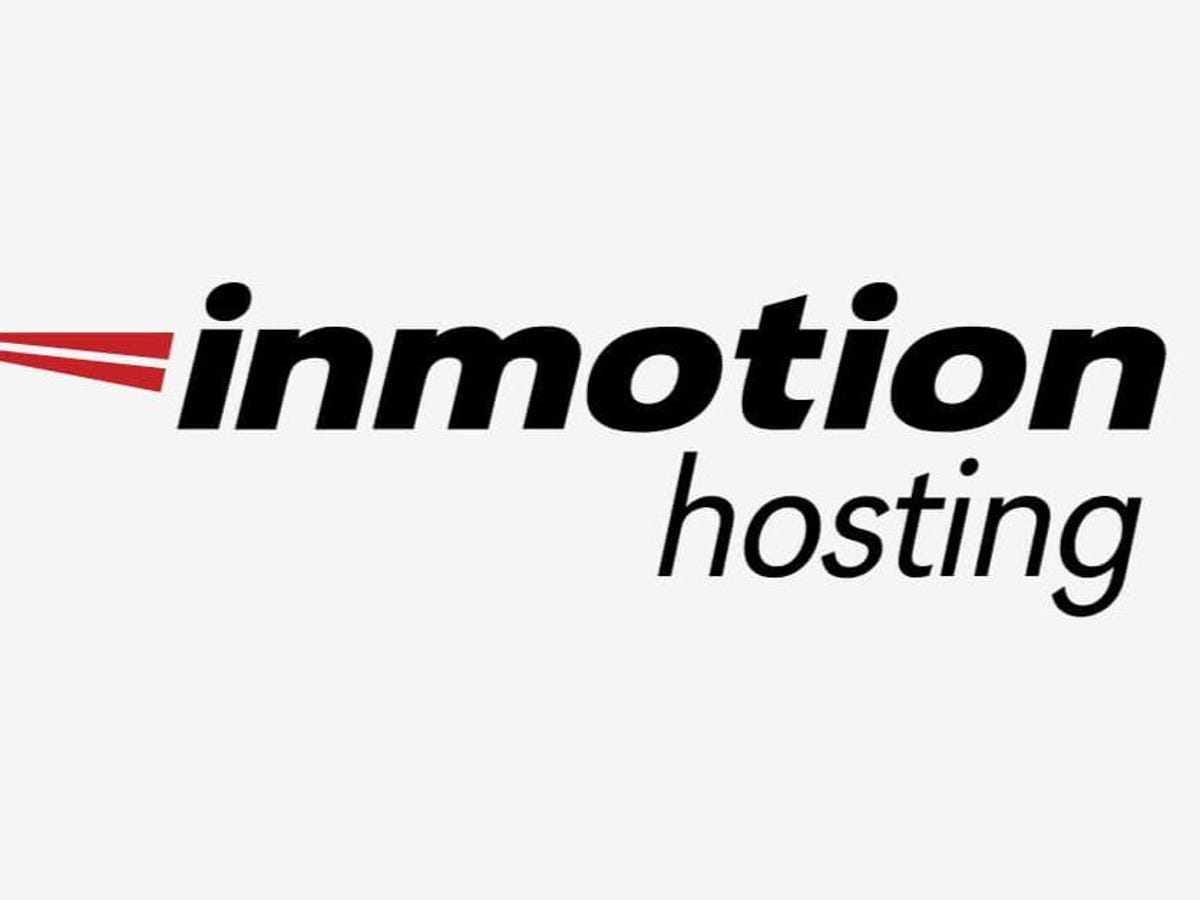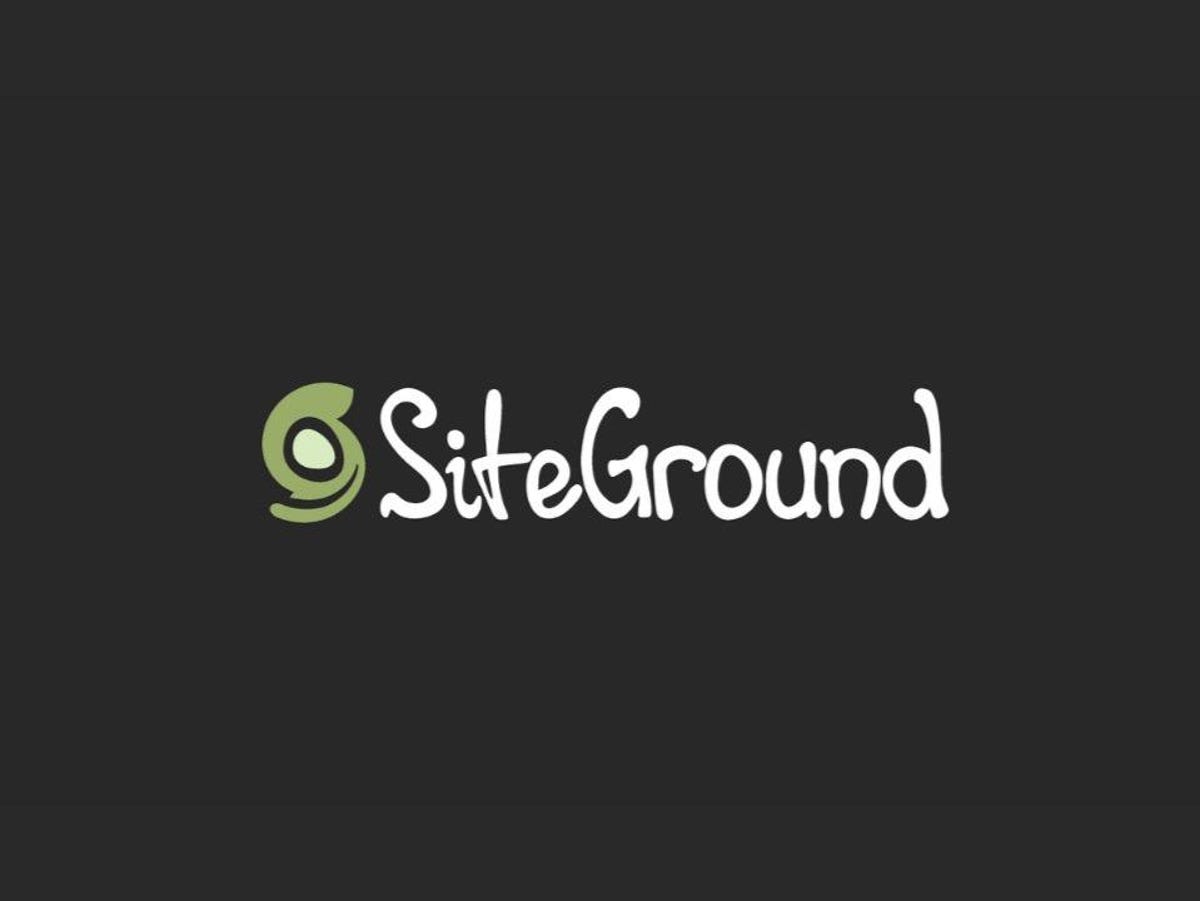Whether you have a passion for blogging educational content meant to inform or want to market your services to your target customers, you’ll need a blog hosting service to host your blog. Blog hosting services are a dime a dozen these days, but this only makes it more difficult to find the best hosting service for your needs and budget.
Let’s take a closer look at various blog hosting services for business pages and blog posts, and personal blogs that fill more specific niches.
The best blog hosting services for businesses
Here are some of the best blog hosting services for business pages or growing enterprises rather than fan or hobby blogs.
Ideal for growing businesses
InMotion is a top choice for businesses, especially if you’re interested in VPS hosting to balance budget and resource draw simultaneously or dedicated hosting if you want as many resources as you can get. While it isn’t the cheapest in the industry, this hosting service provides unlimited bandwidth with all packages, free SSL certification, and a dedicated website builder.
This last aspect is beneficial for business owners who need to construct new business web pages with little to no coding experience. Other business goodies include free advertising credits and visitor statistics analyses so you can gradually tailor your business page to be even more effective.
Excellent for larger businesses
HostGator is another popular hosting service and is especially good for dedicated server hosting, making it an excellent choice for some medium-sized businesses.
Besides HostGator’s hosting type choices, users benefit from unlimited storage and bandwidth, free SSL certification, and one-click WordPress installation. In addition, HostGator provides access to popular email marketing software for free for the first three months, and after that, $20 per month.
Uptime typically clocks in at 99.9%, and all users enjoy top-tier help and support from dedicated customer service personnel.
The best hosting services for personal blogs
These are hosting services perfect for smaller or more personal blogs rather than traffic-heavy business pages:
Powerful and popular for serious bloggers
SiteGround is a little pricey compared to some of the other blog hosting options you can find. But it’s extremely popular for a variety of reasons, including great uptime of 99.98%, top-tier customer support, and an easy-to-use interface that makes it a great combination with WordPress blogs.
Site speed could be a little better, as it currently averages 615 ms. But the basic plan includes free SSL certification and free site migration if you are bringing your blog from another hosting service to this company. Daily backups add a little extra security and peace of mind to your blogging career, preventing you from losing the content you’ve worked on previously.
Cheap and secure for new bloggers
Hostinger is incredibly cheap, with packages starting at $1.59 per month. However, even though it’s pretty affordable, it’s still a valuable service through and through, offering 99.95% uptime and a free domain name when you host with them for the first time.
They also provide a 30-day moneyback guarantee, free SSL certification (another big budget-saving aspect), and high-quality security features overall.
The best hosting service for business and personal blogging
And here’s the best hosting service for both business and personal use:
Affordable, effective, and great for everyone
We’re including Bluehost in a particular category of its own – in many ways, it’s the best blog hosting service bar none. It’s a fantastic choice for both business blogs and personal blogs.
For starters, it features an average uptime rate of 99.99% and speedy loading times, clocking in at around 460 ms on average. It’s an officially supported service by WordPress, too. Since many business sites and personal blogs use this CMS platform, this just adds to its versatility.
Bluehost further provides cost-effective hosting that starts at as low as $2.75 per month. WordPress comes preinstalled with your hosting package, and you’ll benefit from fast and competent customer support, along with a 30-day moneyback guarantee.
The only downside is the basic plan provides less than stellar storage. But given that upgrades aren’t too pricy, many personal bloggers will feel comfortable upgrading to the next highest-priced plan when they’re ready.
What makes a hosting service good for business or blogging?
All hosting services provide the same fundamental value: space on the Internet for your website. However, different hosting services can be specialized for business use or blogging use depending on their features, such as:
- Website uptime: In general, you should target hosting services with uptime averages of about 99.94%. The more often your website goes down, the less reliable your site will be to your core users, whether you are a blogger or business owner.
- Customer service: Some hosting services have excellent customer service channels, as well as tutorials to help you understand your hosting package more easily.
- Server speed: Server speed matters a great deal as well. The faster your website can load, the happier your customers or readers will visit your business webpage or blog. Try to find hosting speeds lower than 700 ms if you can.
- CMS or content management system: The CMS is the control panel from which you control your site and hosting. Some hosting services require you to use proprietary or unique CMS platforms. Others allow you to use common, popular CMS platforms like WordPress.
- Add-ons and perks: This could be free SSL certification or integration with popular WordPress tools. Free SSL certification is now considered a standard or required feature for any legitimate business website. SSL certification encrypts traffic to and from your site to protect your business’ and visitors’ information.
Determining hosting type is just as essential because different hosting services may only provide one or two types of subscription packages. There are four major hosting service types you’ll encounter:
- Shared hosting: Shared hosting is cheap, but you have to share server space with other users, as its name implies. Sharing server space can impact storage space and speed.
- Virtual private server hosting (VPS): VPS or virtual private server hosting, which is still affordable and uses virtual private server technology to share space on a server, gives your website more resources.
- Dedicated hosting: It’s pricier but provides you with a private server for your website alone.
- Reseller hosting: This type of hosting is only of use to server hosting reseller businesses.
In general, serious business owners will want to go for VPS or dedicated hosting, with dedicated hosting being better if you can afford it. Bloggers can undoubtedly get away with shared hosting if they want to start their website on a budget. But as you gain more traffic and need more space for content, you’ll likely eventually need to upgrade to at least VPS hosting.
Bottom line: Ensure that the hosting service you choose has the hosting type best suited to your business or blog needs.
How you should pick a blog hosting service
In the end, you should choose a blog hosting service by focusing on a few questions:
- How much money can you spend on hosting? Cheaper hosting is slower and offers fewer resources but may be better for casual bloggers.
- How much space and speed do you need? If you only plan to write an occasional text blog post, you don’t need a ton of resources.
- Are your hosting needs going to grow in the future? If so, a blog hosting service that offers multiple hosting types and scalable resources is likely the way to go.
We focused on these questions when selecting the top hosting services for both businesses and personal blogs. If you do the same, you’ll be sure to find a hosting service that’s perfect for your unique needs.
What’s the big difference between VPS and shared hosting?
Without getting too technical, shared hosting means your website shares server space with other users on the same server. With VPS hosting, your website benefits from a virtualized server that provides more scalable resources. In this way, it acts like a dedicated server but still rests in a shared server environment.
Is it smarter to pay monthly or annually for hosting?
It depends on your budget. Annually is usually cheaper in aggregate, although monthly payments allow you greater flexibility and make it easier to switch hosting providers later down the road. Many hosting providers have fees if you break your hosting contract ahead of the subscription’s expiration date.
Is free hosting worthwhile?
Not usually, even for small personal blogs. Free hosting services typically come with many strings attached, like advertisement requirements or a lack of significant features. In addition, many shared hosting services are cheap enough that there’s no real reason to go with a free hosting service.
Are there alternative blog hosting options to consider?
Here are a few:



























